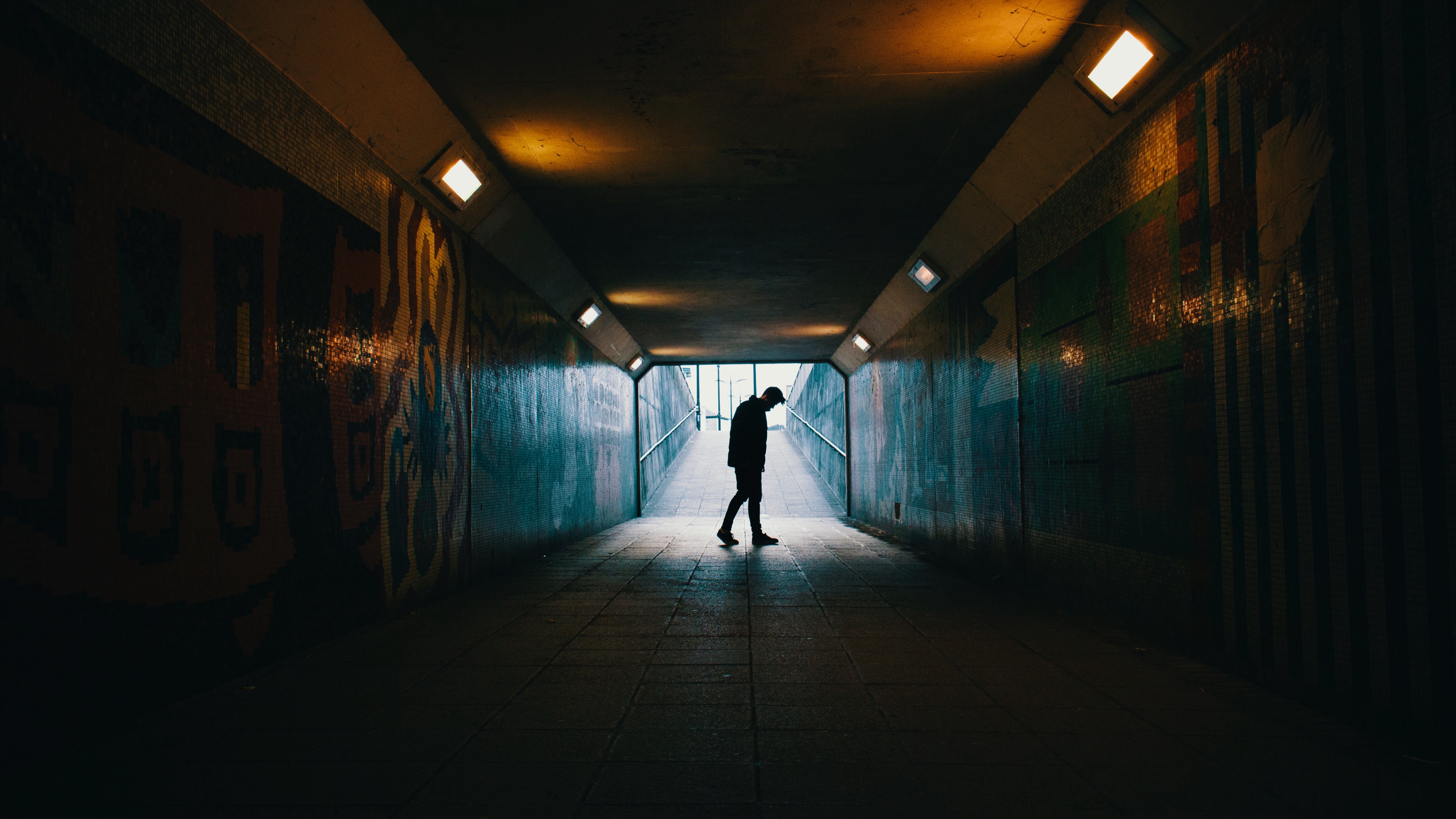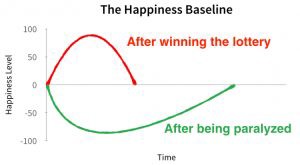Insecurity and a lack of confidence show themselves in a number of ways, second guessing is one of them.
 Photo by Jake Oates on Unsplash
Photo by Jake Oates on Unsplash
Picture this.
It?s five minutes to the end of the hour.
Your eyes dart quickly between the clock last two or three multiple choice questions on your test as your brain races to eke out a solution.
You?ve done this sort of problem dozens of times before in preparation for the test, but the professor?s put a bit of a spin on this one. You get through the first few steps before realizing that you?re just not going to make it on time without making some assumptions.
Two minutes left.
You?re panicking a bit now. You?ve sort of figured out the problem but you aren?t really too sure.
Luckily, you?ve eliminated two of the possible choices as incorrect. Even if you randomly chose, you?d have about the same chance as predicting the outcome of a coin flip. The odds aren?t terrible, but they aren?t great.
Thirty seconds.
You?ve scribbled out a solution and you?ve darkened the corresponding bubble on the answer sheet, choice C. There?s no time to check whether it?s right or not. The professor?s already?s started the process of collecting exams.
You pick up the sheet of paper and scrutinize the two answers.
?No, that can?t be right, the answer has to be D.? you whisper to yourself as you erase your first answer and fill in the other answer instead. ?There, finished.?
Your professor?s almost in front of you, and you?ve made it in the nick of time. As class ends, you start discussing the answers with some of your friends. Everyone?s talking about that one question, and before long, they?re in the process of reaching a solution and consensus.
?I got D,? you offer to the group. One other person agrees, but everyone else confirms that they got C as the answer. When you ask about the details of the solution, you discover that you were right all along.
Frustrating, right? If only you hadn?t second guessed yourself.
There?s nothing wrong with changing your answer or decision whether it relates to a test or anything else in life.
The problems begin when you make changes on the basis of a gut feeling ? not to say that intuition doesn?t have its merits ? which is a terrible strategy in the long term (i.e. think gambling).
Second guessing yourself is a form of insecurity that so many people experience when thinking about about whether they?ve made the best choice or not.
This sort of insecurity stems from an inability to be sure about one?s decisions, whether or not you have the necessary knowledge to make the correct decision. Or, you might consider it an obsession with getting the right result the reason for second guessing.
Popular blogger Jessica Wildfire has a more affirmative version and solution to this issue.
She walks us through a few personal experiences from her life before coming to the somewhat comforting conclusion that most choices will not make or break you, so you don?t need let ?what-ifs? bother or distract from the choice that you?re comfortable with.
Shoot for success, don?t second guess
My date disappeared for his third line of cocaine that night. An old high school friend was visiting. We were all?
medium.com
She stresses an approach to life that focuses on the long run of the continuous work that she?s put into her career, rather than one that gives too much attention to particular moments.
But I think there?s a deeper layer to it.
To melding and creating a long-term mindset to replace a short-term, obsessive, and uncertain mindset.
It definitely starts with realizing that the outcome of your life is something that is the result of the sum of a continuous set of decisions that you?ve made either to your advantage or your detriment.
However, we can advance one step further.
To stop second guessing yourself, separate yourself entirely from the concern of whether or not you succeed.
Reach into yourself and reflect on who you are, what you prefer, and how you think and make decisions. Then, be consistent with whatever you come up with as you grow and develop.
Second guessing too many of your decisions may lead to a sense of anxiety and it may paralyze your ability to assert yourself as an individual through action ? that is its principal relationship with insecurity.
This sort of anxiety is analogous to a little kid that keeps poking at his new pet fish because it doesn?t move, eventually exhausting the fish to the point of death.
So, trust your conception of yourself. Leave the fish alone.
It doesn?t matter whether you?re wrong or right ? within reason ? as long as you?re true to yourself.
Consistency helps us ground ourselves and build confidence.
Going back to the example in the beginning, imagine that you chose choice C without second guessing, but suppose C was actually incorrect.
I think making a mistake like that is much healthier for a person than changing the answer and getting it correct by chance.
That?s because in the first case, you can reflect on what you did wrong and understand why you got the wrong answer.
In the case where you get something right by chance, you?ll keep wondering and doubting if you actually have the ability and competence.
You?ll start to rely on luck rather than a conscious effort and decision that?s made in line with who you consider yourself to be.
Whenever you?re faced with risk or uncertainty associated with a decision, the most important thing is to have an unwavering confidence in yourself and the reasoning for your decision.
I would rather be wrong about something that I was confident in than right about something I guessed on.
I believe that once we realize this point, we?re one step closer to freeing ourselves from insecurity, actualizing ourselves into the person that we?ve dreamed or yearned of being.


